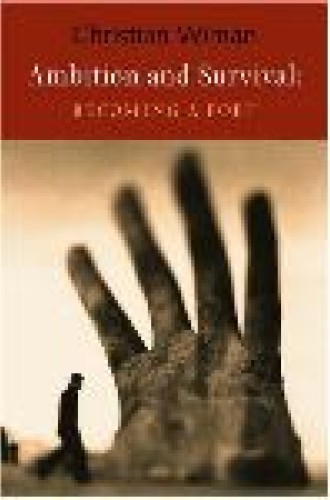BookMarks
In Ambition and Survival, Wiman, the editor of Poetry magazine, reflects on growing up in West Texas and becoming a poetic nomad. He also writes about particular poets and their poetic experiences. But the entire collection—written over a period of 11 years—is channeled through the experience of Wiman’s conversion to Christianity. After many years of wandering, the experiences of writer’s block, falling in love and being diagnosed with incurable cancer guided Wiman toward his conversion. Unlike the religion of his childhood, in which he was taught to renounce the world for God, Wiman now inhabits a God-infused landscape, where word, world and Word sometimes find a common resonance.
Shapiro’s life is filled with dread. It may stem from the tempestuous relationship between her parents as she was growing up and her secular mother’s contempt for her father’s observance of Judaism. A tragic accident that killed her father and nearly killed her mother added to her sense of dread. Moreover, she and her husband’s infant child had a rare seizure disorder (seven out of a million) that leaves many children brain damaged. Shapiro looks for some resolution for her angst—in yoga, Buddhist meditation, moving from Brooklyn to rural Connecticut. As an adult she even participates with her mother in six psychiatric sessions, at the end of which the psychiatrist tells her that there is no hope for her relationship with her mother. And she explores her Jewish roots which were the center of her beloved father’s life. Both contemplative and probing, Shapiro’s journey evokes searching questions about life and death.






